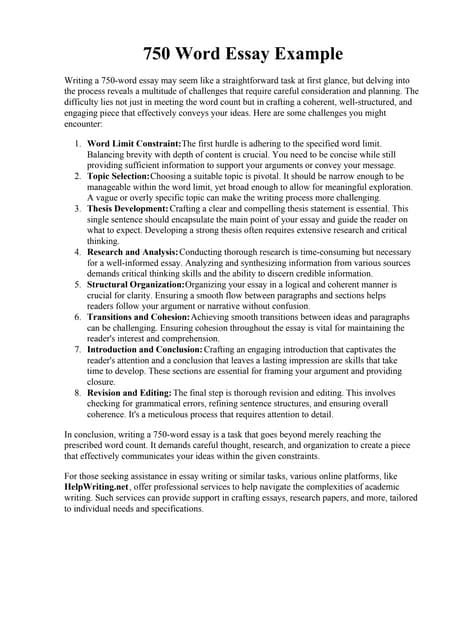Introduction
In an era marked by rapid technological advancements and relentless global competition, the ability to innovate has become a crucial driver of success for individuals, organizations, and societies alike. However, the quest for innovation often leads to a narrow focus on conventional approaches and solutions. This can hinder creativity and stifle groundbreaking ideas.

To unlock the full potential of innovation, we need to embrace the transformative power of playful thinking. Playful thinking, characterized by curiosity, experimentation, and a willingness to embrace the unexpected, is an essential ingredient for generating innovative solutions to complex problems.
The Nature of Playful Thinking
Playful thinking is not simply about having fun or engaging in frivolous activities. Rather, it is a mindset that encourages exploration, experimentation, and a willingness to deviate from conventional norms. Playful thinkers are unafraid to ask questions, challenge assumptions, and take risks. They embrace failure as an opportunity for learning and growth.
The Benefits of Playful Thinking for Innovation
Research has consistently shown that playful thinking has a profound impact on innovation. Playful thinkers are more likely to generate novel and creative ideas, develop innovative products and services, and find solutions to seemingly intractable problems.
-
Enhanced creativity: Playful thinking fosters a mindset that is open to new and unconventional ideas. By encouraging exploration and experimentation, it helps individuals break free from the constraints of fixed thinking and generate breakthrough solutions.
-
Increased flexibility: Playful thinkers are more adaptable and resilient in the face of challenges. They are able to quickly switch gears, embrace change, and find innovative ways to overcome obstacles.
-
Improved problem-solving: Playful thinking encourages individuals to think outside the box and approach problems from novel perspectives. This can lead to the development of unconventional solutions that were not immediately apparent.
Practices for Cultivating Playful Thinking
Cultivating playful thinking is a skill that can be developed and refined over time. Here are a few practices that can help:
-
Encourage curiosity: Ask questions, explore new ideas, and seek out challenges that pique your interest.
-
Experiment: Don’t be afraid to try new things and take risks. Experiment with different approaches, materials, and perspectives.
-
Embrace failure: View failures as opportunities for learning and growth. Analyze what went wrong and use the insights to improve your future endeavors.
Common Mistakes to Avoid
While playful thinking is a powerful tool, it’s important to avoid common pitfalls that can hinder its effectiveness:
-
Overemphasis on fun: While playful thinking should be enjoyable, it’s important to maintain a focus on achieving meaningful outcomes.
-
Lack of structure: Playful thinking should not be completely unstructured. Establish clear goals and guidelines to ensure progress and accountability.
-
Fear of judgment: Don’t be afraid to share your ideas, even if they seem unconventional. Seek out supportive environments where playful thinking is encouraged.
Conclusion
In the relentless pursuit of innovation, playful thinking is not a luxury but a necessity. By embracing curiosity, experimentation, and a willingness to take risks, we can unlock the boundless potential of our minds and create a future filled with breakthrough solutions. Remember, innovation is not just about developing new technologies or products; it’s about transforming our thinking and embracing the power of play.
